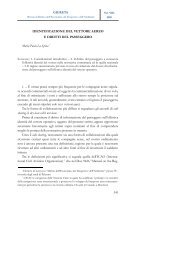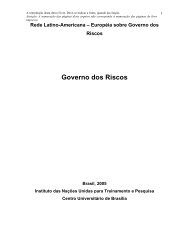YEARS OF EUROPEAN ONLINE ANNÉES DE EN LIGNE ...
YEARS OF EUROPEAN ONLINE ANNÉES DE EN LIGNE ...
YEARS OF EUROPEAN ONLINE ANNÉES DE EN LIGNE ...
You also want an ePaper? Increase the reach of your titles
YUMPU automatically turns print PDFs into web optimized ePapers that Google loves.
the aim of fOLaw was the organisation and interconnection of legal<br />
knowledge, in particular with regard to conceptual information retrieval. It<br />
contained six basic categories of legal knowledge: normative knowledge, metalegal<br />
knowledge, world knowledge, responsibility knowledge, reactive knowledge<br />
and creative knowledge. fOLaw was used in follow-up projects. the<br />
central dificulty of fOLaw proved to be the modelling of ‘world knowledge’.<br />
the knowledge gained from fOLaw was used in the e-court project and in the<br />
development of a core legal ontology, LRI-Core (Breuker and hœkstra, 2004).<br />
within the framework of this project, a lexible, multilingual information retrieval<br />
system using heterogeneous sources (audio, video, text) was developed<br />
in the ield of criminal procedure.<br />
Recent projects on legal ontologies are focused on vocabulary, thesauri<br />
and lexical ontologies (Casanovas et al. 2007, LOAIt workshop).<br />
POt<strong>EN</strong>tIAL Of LEGAL ONtOLOGIES<br />
for legal subsumption, factual conditions of an applicable rule have to be<br />
clariied and checked. Legal ontologies should consist of a full description of<br />
the world that would also constitute a statement of all factual situations for a<br />
possible applicability of a norm. this knowledge representation would contain<br />
objects and events from the world, its attributes and relations, and deinitions<br />
and classes.<br />
A representation of the legal order comprises all concepts of the legal system<br />
providing a conceptual description and structuring of the legal order. Applicability<br />
of a rule could be indicated by directly linking a norm to factual<br />
situations described in the world ontology. with such an ontology, an electronic<br />
commentary could be established containing a full description of a norm<br />
with extensive links to related documents. further, it would provide the basis<br />
for automatic legal reasoning.<br />
In artiicial intelligence and law, the main problem has always been the<br />
scaling-up, e.g. the move from a small to a reasonably big application. Legal<br />
ontologies are no exception to this fact. the state of the art has to be described<br />
as still experimental (Casanovas et al., 2007). therefore, a full ontological representation<br />
of EUR-Lex cannot be advised as the theory has not suficiently<br />
developed. however, interesting potential exists for ontological representations<br />
in small and medium-sized sub-documentations of EUR-Lex. Such<br />
smaller applications could be much more easily implemented and might show<br />
the way to an ontological representation of the legal order. further, the present<br />
01_2007_5222_txt_ML.indd 144 6-12-2007 15:14:03



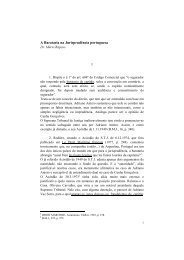
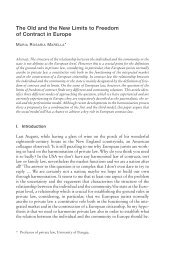
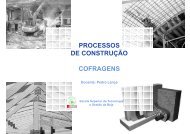
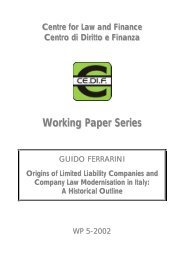
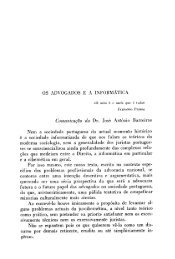
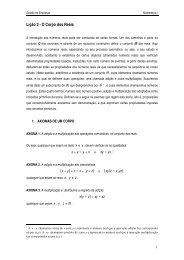
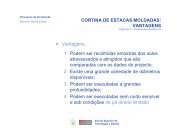
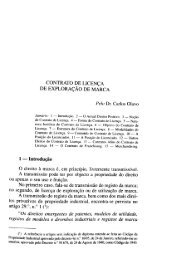
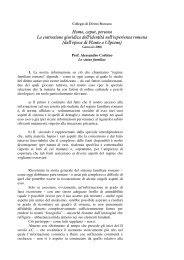
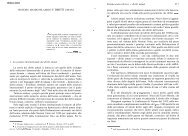

![Luigi Sapio Nozione di islām La parola “islām” [ ] è il mas.dar1 ...](https://img.yumpu.com/15836073/1/185x260/luigi-sapio-nozione-di-islam-la-parola-islam-e-il-masdar1-.jpg?quality=85)
